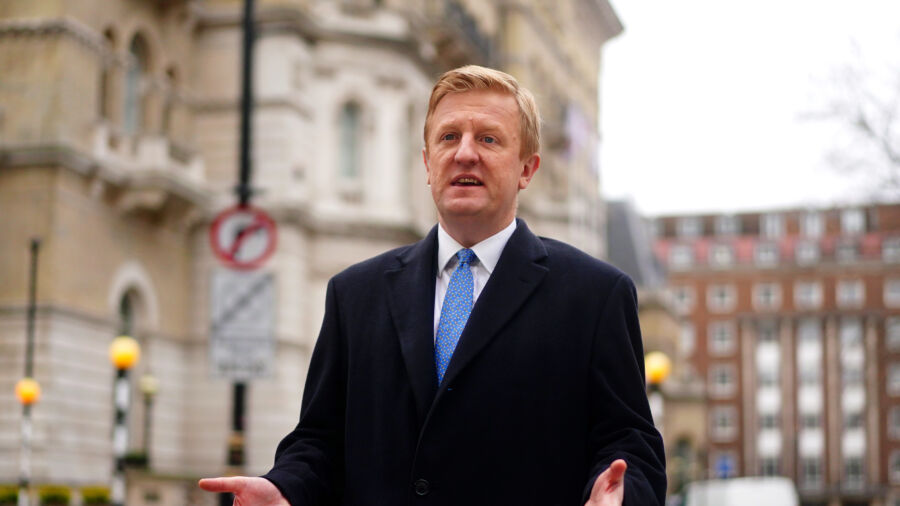The BBC has urged its staff to delete TikTok from their corporate phones over privacy and security concerns about the Chinese-owned video-sharing app.
The BBC is the first British media organization to issue this kind of guidance regarding TikTok—and just the second in the world after Denmark’s public service broadcaster did the same earlier this month.
British media outlets reported that BBC staff received an email on Sunday that read: “We don’t recommend installing TikTok on a BBC corporate device unless there is a justified business reason. If you do not need TikTok for business reasons, TikTok should be deleted.”
The message further noted that the decision was “based on concerns raised by government authorities worldwide regarding data privacy and security.” Experts have pointed out that the app is capable of illegally gathering vast swathes of information from individual users, including emails, contacts, geo-data, personal information, etc.
BBC employees who have TikTok on their personal phones but also use the device for their work were asked to reach out to the company’s information security team to assess the risks and discuss the type of information that they are working with.
Despite the security concerns, the BCC will, for now, continue to use the platform for editorial and marketing purposes.
The BBC’s decision came just a few days after the UK government announced a ban on TikTok on devices provided to government employees.
“We are also going to ban the use of TikTok on government devices,” Cabinet Office minister Oliver Dowden told the British House of Commons on Friday. “We will do so with immediate effect,” he said, calling the measure “good cyber hygiene.”
Similar measures have recently been taken by the governments of the United States, Canada, New Zealand, Denmark, Belgium, the Netherlands, etc. All European Union personnel are now subject to a similar restriction regarding the app.
TikTok has been a cause for concerns over data security risks for years: India banned the app entirely as early as 2020, together with WeChat and a slew of other Chinese apps—59 in total. TikTok downloads were banned for all U.S. citizens by President Trump in August 2020, but the ban faced a series of legal challenges. President Biden rescinded Trump’s executive order entirely in June 2021, but later approved a TikTok ban on government devices only in December 2022.
TikTok has consistently denied any wrongdoing, but fears remain that data harvested by the platform from corporate phones would be routinely shared with the Chinese government by TikTok’s parent company, ByteDance, as it is located in Beijing. In 2017, China’s National People’s Congress passed a law forcing Chinese tech companies to comply with all of the Chinese Communist Party’s demands.
Companies that operate in China are required by law to establish Communist Party branches, which can participate in decision-making to ensure that company activities are in line with the communist regime’s policies.
Many management roles within TikTok are filled by Communist Party members.
TikTok is used by about 80 million Americans every month.

